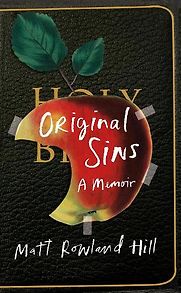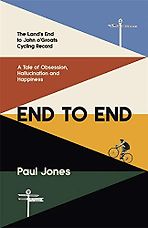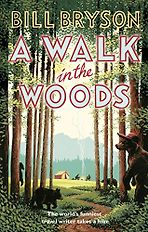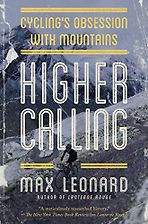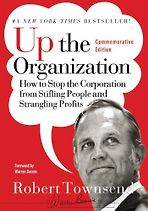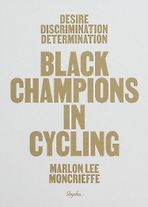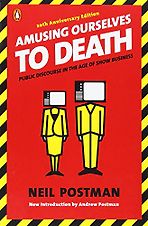Recommendations from our site
“Instead of telling the story from the viewpoint of an enlightened paragon of recovery—which would have made it fiction, anyway—I decided to do something I hadn’t seen in addiction memoir: fashion an unreliable, often ignorant, sometimes even deranged narrator, who seems to have no idea how much he’s betraying his hypocrisies and self-deceptions. (Towards the end of the project, I read Ditlevsen and—although slightly disappointed to discover I hadn’t been as innovative as I thought—the success of her experiment encouraged me to think I was on the right track.) Then there’s my book’s ending and its ambivalent relationship with redemption—which I won’t say any more about, in case anyone’s interested enough to read it and find out what I mean, but which I think makes it a little different from other addiction memoirs. Although I don’t mind if the book’s called an addiction memoir, in the course of writing it I came to think that wasn’t quite right. I drew as much on another tradition: memoirs about loss of faith…In fact, drugs are absent from most of the book’s action, which is about my sometimes difficult childhood as the son of an evangelical preacher, growing up (or failing to), the catastrophe of losing my faith in my teens—and then my desperate search for salvation elsewhere. Drugs were just the most destructive of the several wrong places I looked; others were literature and women, or the fantasies I projected onto them.” Read more...
Matt Rowland Hill, Memoirist
Our most recommended books
-

End to End
by Paul Jones -

A Walk in the Woods
by Bill Bryson -

Higher Calling: Road Cycling’s Obsession with the Mountains
by Max Leonard -

Up The Organization
by Robert Townsend -

Desire Discrimination Determination: Black Champions in Cycling
by Marlon Moncrieffe -

Amusing Ourselves to Death
by Neil Postman
